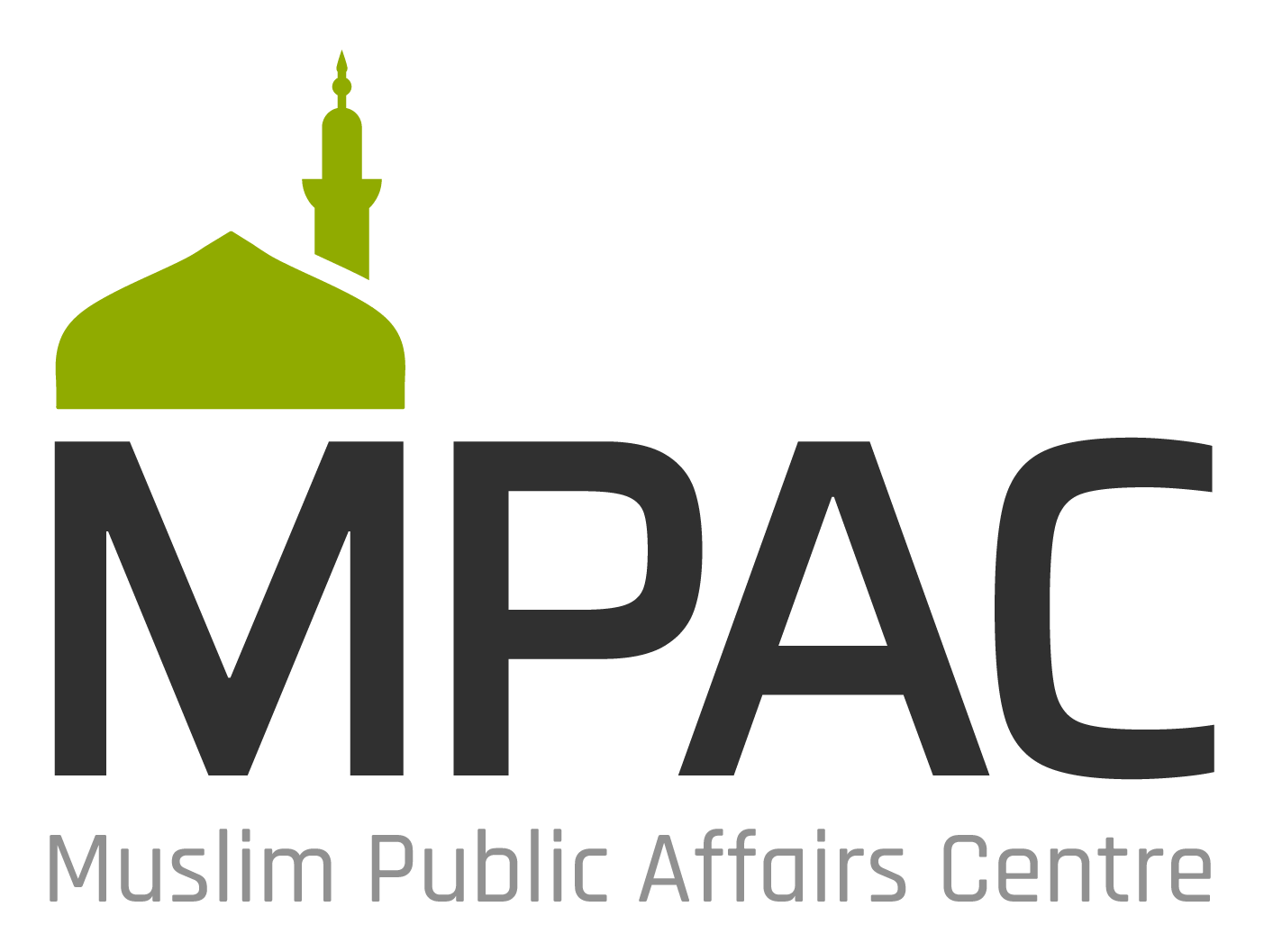Press Release: FOR IMMEDIATE RELEASE
Monday, 29th July, 2024 | 23rd Muharram, 1446 AH
Lagos, Nigeria
WE STAND FOR PEACE AND GOOD GOVERNANCE
The Coalition for Global Peace (CGP) takes cognisance of the socio-economic hardship that Nigerians are experiencing owing to multifarious factors, both local and global. Our stakeholders are living witnesses to these challenges. We do not live in a different Nigeria.
We are dismayed that, despite citizens’ struggles with tough socio-economic pressures, public officials at all levels of government have not shown enough commitment to make sacrifices. Widespread profligacy, manifest in a lack of prudence and probity in the management of the nation’s commonwealth, continues to stare the people in the face.
We recognise the right of citizens to convey their genuine grievances to the government through peaceful protests as guaranteed by both domestic and international laws.
Nigeria has a chequered history of protests, peaceful and otherwise. It is important that citizens take the best lessons from the past. Every violent protest leaves behind open wounds that never fully heal, festering cycles of trauma and mistrust.
The Coalition is discomforted by the fact that many of the elements of a peaceful protest are missing in the way the planned nationwide protest is being promoted. A national intervention of this magnitude should be managed in a broad-based and transparent manner.
A nationwide rage orchestrated by shadowy elements and directed at an already fragile polity could be counterproductive, leading to further instability and diminished opportunities for meaningful progress.
For these reasons, the Coalition dissociates itself from the planned protest and urges that alternative mechanisms be explored to address the current socio-economic challenges.
We, however, wish to remind those who choose to join the planned protest of the need to respect the law and the right of other citizens who may make other choices. No group of citizens has the right to impose its agenda on others.
The Coalition believes that the most potent antidote to protests and other forms of expression of public anger is good governance.
We acknowledge the commitment shown by President Bola Ahmed Tinubu to address the challenges with a view to turning around, stabilising and growing the nation’s economy. However, many Nigerians are yet to feel the positive impact of the efforts in their lives.
It is, therefore, pertinent that we draw the attention of the government at all levels to the following issues of urgent concern:
1. High cost of governance: Government at all levels need to, as a matter of urgency, address the issues of bloated bureaucracy, unwieldy executive teams, inefficiency in public service delivery, corruption, excessive executive and legislative expenses, duplicated functions of agencies and diversion of resources from development priorities. Measures should be enacted to implement reforms that promote transparency, accountability and efficiency in public service delivery.
2. High cost of doing business: Government at all levels need to work in concert to stem the challenges of insecurity, infrastructure deficits, prohibitive foreign exchange rate, inflation, high energy costs, high interest rates, corruption, multiple taxation and policy uncertainty which make it difficult for businesses to operate efficiently and sustainably, thereby hindering economic growth.
3. High cost of living: Citizens bear the brunt of the dual challenges of high cost of governance and high cost of doing business. These erode their purchasing power and affect their overall well-being. Exorbitant costs of maternal care, drugs and food compromise the health of women and children across the country. In a democratic Republic, government should serve the people, not the other way. Therefore, government should prioritise reducing the cost of governance and doing business and implement policies that promote economic growth and enhance citizens’ well-being.
4. Poor management of quick impact economic intervention programmes: We dare say that the slew of recent economic intervention programmes, especially the palliatives, was poorly managed in the main, failing to adequately ameliorate the effects of economic hardship. Government interventions should reach the people directly, without intermediaries, to maximize impact. Furthermore, the Federal Government should conduct a comprehensive evaluation of its intervention programmes to identify gaps and optimise their effectiveness in serving the people.
5. Corruption and impunity: For a long time, corruption and impunity have been the elephant in the room. Endless periods of investigation, abuse of legal processes, inglorious opportunity for plea bargain and lack of socio-political sanctions against corrupt individuals have combined to embolden corrupt public officials. This unpatriotic sense of impunity has enabled many corrupt public officials to escape punishment for their crimes against the nation and the people. In effect, the current framework for the fight against corruption is ineffective and no longer meets the expectations of patriotic Nigerians.
6. Stakeholder engagement: While we commend the President and Governors for recent engagement with diverse stakeholders in order to bridge the gap between the government and the people, we believe that such engagement should no longer be episodic and random. Rather, this should be regular, structured and inclusive, to foster a sense of ongoing communication and collaboration.
In conclusion, the Coalition urges the President to address the nation on the issues that continue to agitate Nigerian citizens. The leader of the nation needs to speak directly to his people.
God bless Nigeria!
###
ENDORSEMENT
This statement is endorsed by the following stakeholder groups:

No comment